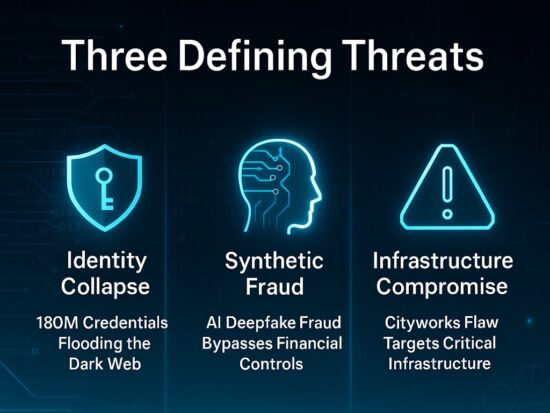Data privacy protection is the process of safeguarding sensitive information from unauthorized access or use. Data privacy breaches can cause significant harm to individuals, such as identity theft, financial loss, or reputational damage. Risks involved in data privacy protection can be attributed to several factors, including negligence, ignorance, overconfidence, unintentional mistakes, and other issues.
One of the significant risks is negligence, which involves the failure to take reasonable steps to protect sensitive information. For instance, individuals may reuse weak passwords across multiple accounts, share their login credentials, or fail to update their security settings, leaving them vulnerable to data breaches.
Ignorance is another risk, which stems from the lack of awareness about the potential risks and consequences of sharing personal information online. Many people are unaware of how their data is collected, stored, and used by various organizations, which can lead to the inadvertent disclosure of sensitive information.
Overconfidence is a risk that arises when individuals assume that their security measures are impenetrable. Overconfidence can lead to complacency and the failure to implement appropriate security measures, leaving them vulnerable to data breaches.
Unintentional mistakes can also pose a significant risk to data privacy. For instance, individuals may inadvertently share sensitive information through email or social media platforms, or they may fail to properly dispose of sensitive documents, leaving them vulnerable to unauthorized access.
To protect their privacy while being online, individuals can take several steps, including:
- Use strong and unique passwords for each account and enable two-factor authentication wherever possible.
- Be cautious about sharing personal information online and limit the amount of personal data shared.
- Read privacy policies and terms of service carefully before agreeing to them.
- Use secure internet connections and avoid using public Wi-Fi networks for sensitive activities such as online banking.
- Regularly review privacy settings on social media platforms and other online accounts to ensure that personal information is not inadvertently shared.
- Regularly update software and applications to ensure that security vulnerabilities are patched.
- Use reputable antivirus software to protect against malware and other malicious software.
- Be cautious when clicking on links or downloading attachments from unknown sources.
Data privacy protection is of utmost importance in preventing unauthorized access to sensitive information. However, there are various risks associated with data privacy protection, including negligence, ignorance, overconfidence, unintentional mistakes, and other issues. To address these risks, individuals should take appropriate precautions and implement security measures such as using strong passwords, enabling two-factor authentication, limiting the amount of personal information shared online, and regularly updating software and applications. By following these simple precautions, any individuals can better protect their privacy online and prevent unintended data breaches.








 Puru's [AI]
Puru's [AI]
